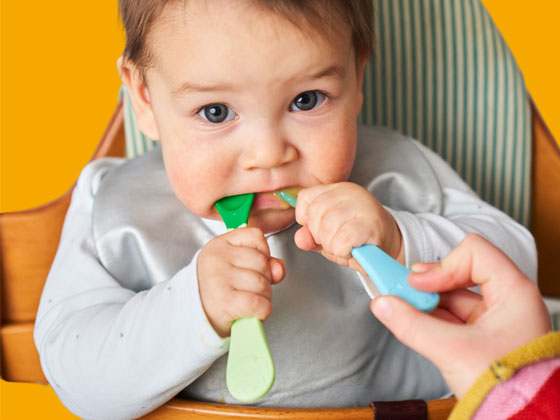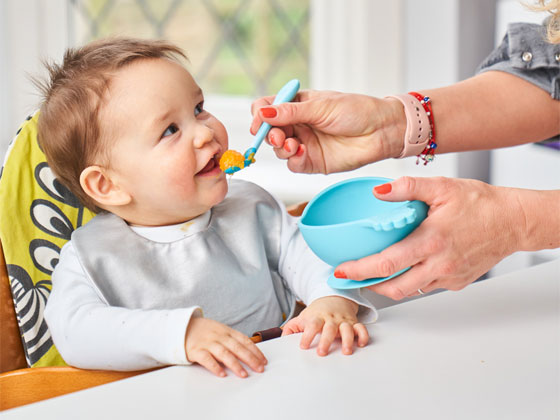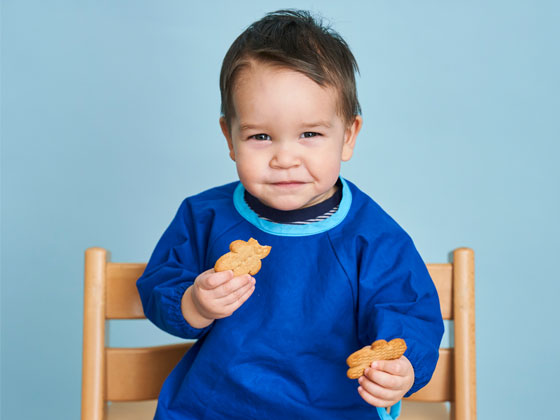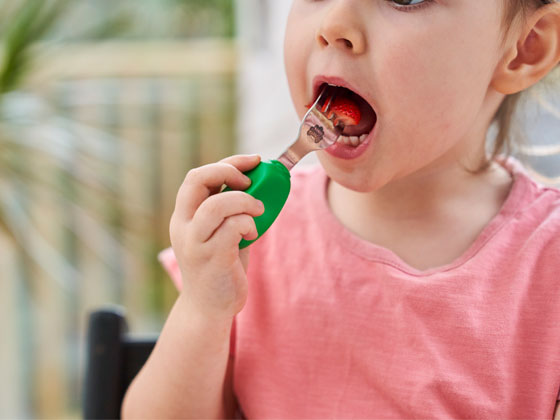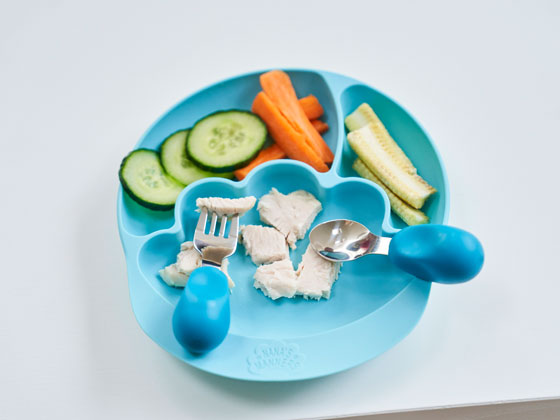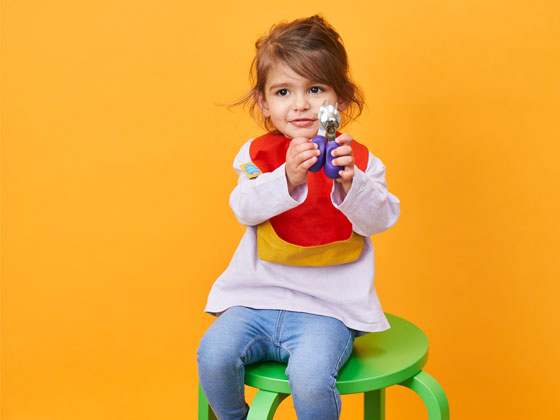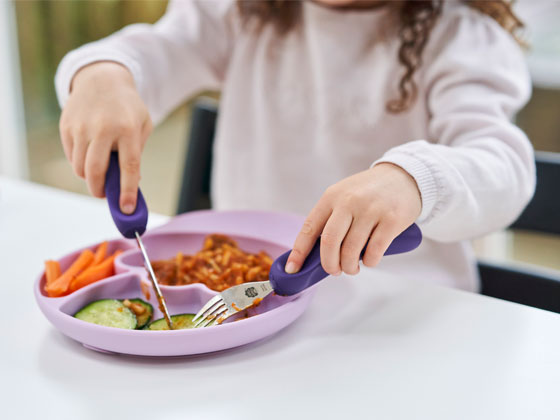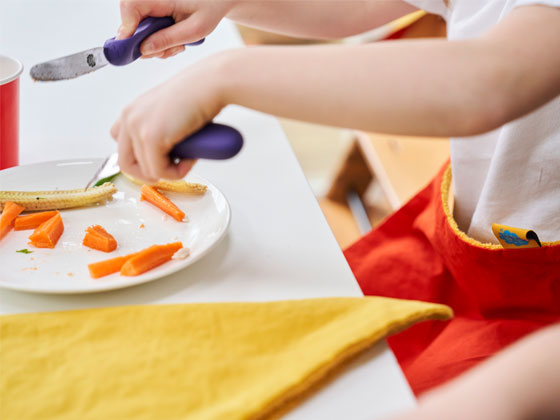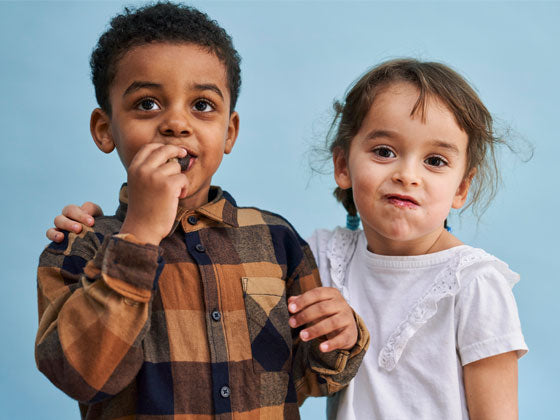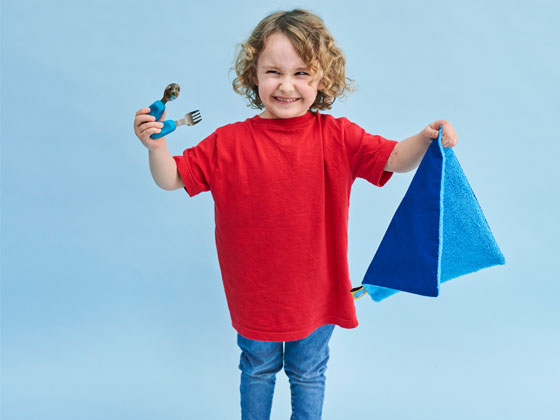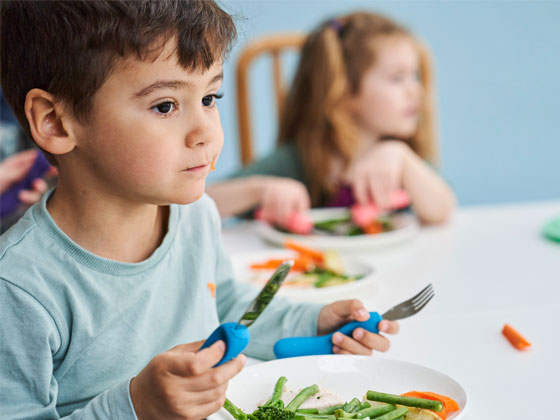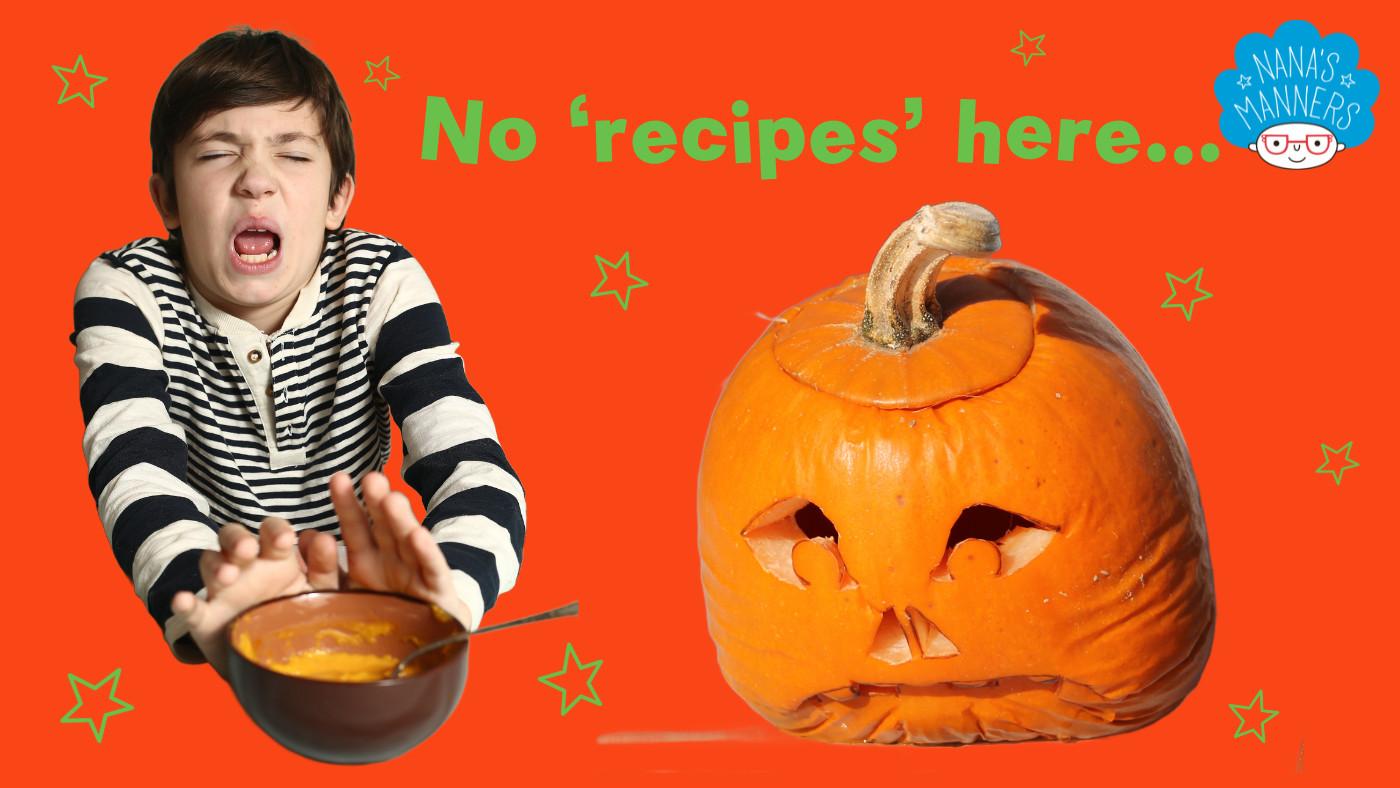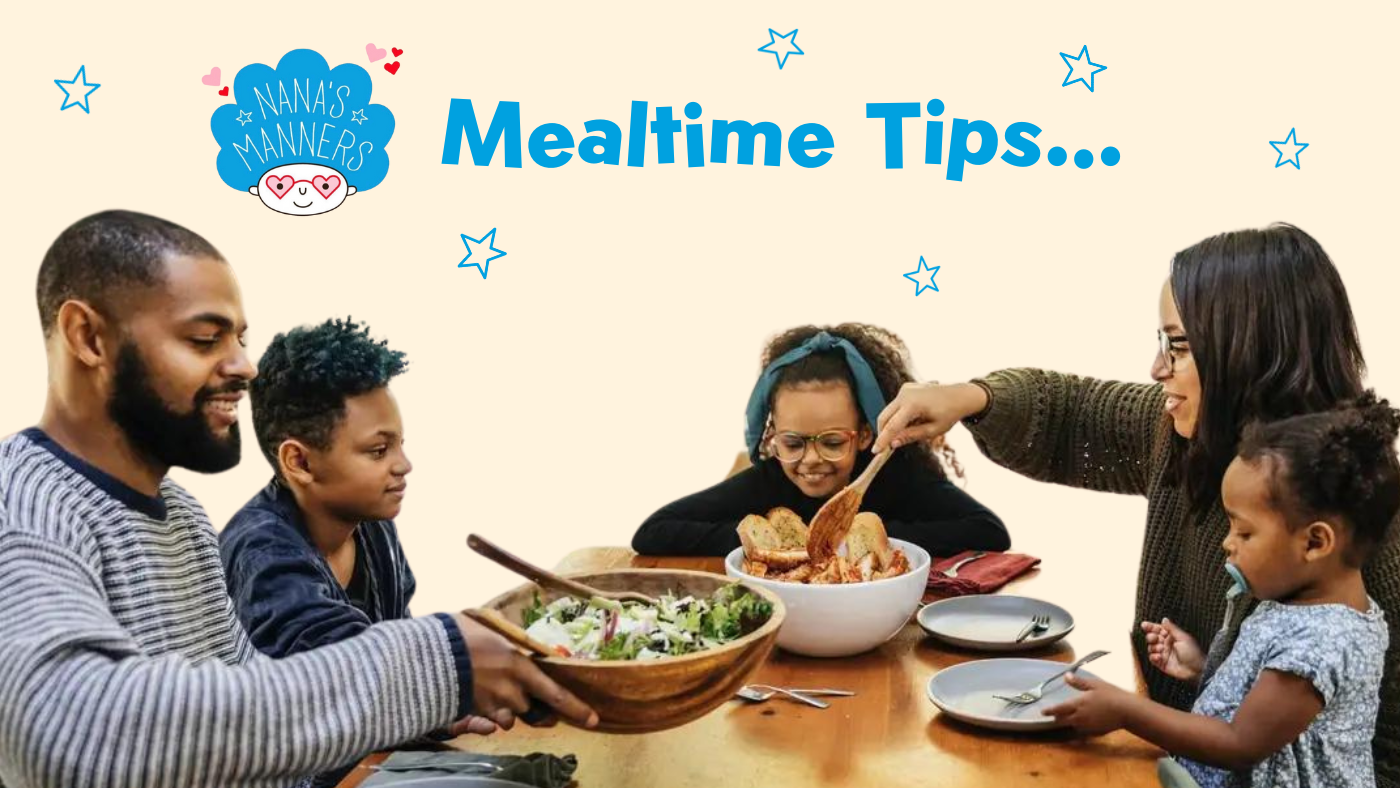What is a resilient child? Building resilient children was a much-discussed topic in my Primary teaching days. I taught in a Primary School back in 2007/8 that was very keen on including it across all year groups, and the UK Government introduced it in an official document in 2014. So why is resilience important? Building resilience aids children in gaining skills for life. It helps them deal with and manage challenging situations and circumstances that are, unfortunately, unavoidable in life. Resilient children are often good at solving problems and learning new skills. This is because they’re more willing to try again even if things don’t go the way they want the first time.
Resilience as a trait, is the capability to adapt well in different circumstances; difficult situations of stress, threats, trauma, upset, and to ‘bounce back’ from adversity. It does NOT mean that emotions are suppressed, or problems ignored. It means that challenges are taken head on, failure is not feared, and perseverance sees them through.
Some children are naturally more resilient than others, but unlike some other personality traits, it is a skill that CAN be taught and learned. Children can be supported in developing resilience as they grow and mature.
As a parent, teaching your child resilience from an early age creates a fantastic foundation for their happiness and personal well-being later in life. Giving your child the tools for managing uncertainty or stress will set them up for success at every stage of their growth and development. Resilient children are also likely to have better physical and mental health than children who struggle to be resilient.

Dr Kenneth Ginsburg is a paediatrician whose practices and research specialises in building strength by fostering internal resilience. Dr. Ginsburg developed the ‘7 C’s model’ to provide a practical approach for parents and communities to prepare children to thrive. So what are the ‘7 C’s’ and how can we use them to support our children’s development?
Competence
Skill: A child’s ability to handle challenging situations / tasks on their own.
Instead of: Rushing to help after they make a mistake. Predicting and preventing problems for your child, e.g. making them correct homework that has some mistakes they weren’t aware of before letting them hand it in.
Try to: Allow them to make their own decisions and approach tasks independently. Let them make mistakes and have the opportunity to self-correct. Overcoming small challenges builds your child’s resilience for bigger setbacks. Rather than showing them what to do, set them up to succeed all by themselves. This is the thought behind the finger stickers that come with our Stage 3 Children’s cutlery set . By setting your child up with the stickers, they will learn to hold and use their knife & fork all by themselves – no adult intervention needed.
Confidence
Skill: Believing in yourself and your capabilities to succeed.
Instead of: Pushing past what they can handle themselves. Encouraging feelings of shame.
Try to: Encourage them to try new things. Praise efforts rather than successes. Help your child to develop problem-solving skills in an age-appropriate way. E.g. if a child at school has said or done something unkind to your child, talk about how your child might respond next time. Support them to become confident in their own solution.

Connection
Skill: The sense of security that comes from close and healthy relationships with family, friends, and their wider school and social community. Connection acts as an emotional safety net from which a child can express their feelings and work out solutions to problems. Strong relationships are the foundation of a child’s resilience.
Instead of: Trying to control all your child’s relationships / friendships.
Try to: Express unconditional love for your child and encourage them to express their emotions to you. Address conflict within the family head on and encourage honest and healthy relationships with others. Really listening to and discussing their feelings within their friendships help them feel validated and guides them towards making the right choices for themselves. 
Character
Skill: Being in touch with your values and secure in sticking to them. The feeling of integrity, responsibility, and a fundamental sense of right and wrong.
Instead of: Watching them always act with self-interest (though this is very normal in younger children). Acting one way towards others but expecting them to be treated differently in return.
Try to: Show them that a person’s actions affect those around them. Discuss how their actions may have affected an incident by talking through what happened without judgement. Be a role model. Help them to express their own values.
Contribution
Skill: By experiencing a sense of contributing to the world, children learn that the world is a better place with them in it. Contributing gives a strong sense of purpose and meaning.
Instead of: Always putting your child’s needs first, no matter how minor.
Try to: Help them in identifying other people’s feelings and needs. Show them the importance of treating others kindly and being thoughtful. Communicate that everyone else in the world does not have the same privileges they do (without adding feelings of guilt). Create opportunities for them to contribute to their family and community,
Coping
Skill: Having a wide repertoire of coping skills helps children to overcome life’s challenges better.
Instead of: Encouraging (or modelling) quick unhealthy fixes for stress.
Try to: Model breaking down a problem and solving it step-by-step. Try not to react emotionally when you feel overwhelmed (or at least not to in front of your child). Practice healthy relaxing techniques together – yoga and breathing exercises are a lovely way to spend time together at the end of a busy day.
Control
Skill: Realising that they themself can affect (and to some extent control) situations in their life. Seeing that they can affect the outcome of situations they find themself in.
Instead of: Making all the decisions for your child. Punishing or overriding ‘incorrect’ choices. Trying to solve every minor problem (e.g. not getting invited to a party) in your child’s life.
Try to: Show them that choices have consequences. Reward acts of responsibility with more opportunities for choices. They will see that good choices have good consequences and that they can make a difference themselves.
When children build their resilience skills, they can better manage their emotions and overcome setbacks. When their emotional health is high, they will find it easier to approach new situations, such as new clubs or a new school. Remember, children learn resilience through experience, it’s not something that will come overnight. Parenting is tough. but it's important we are mindful of how our actions and behaviours affect our children. Persevering with positive strategies will support your child in building their resilience, a skill they will use throughout life.

